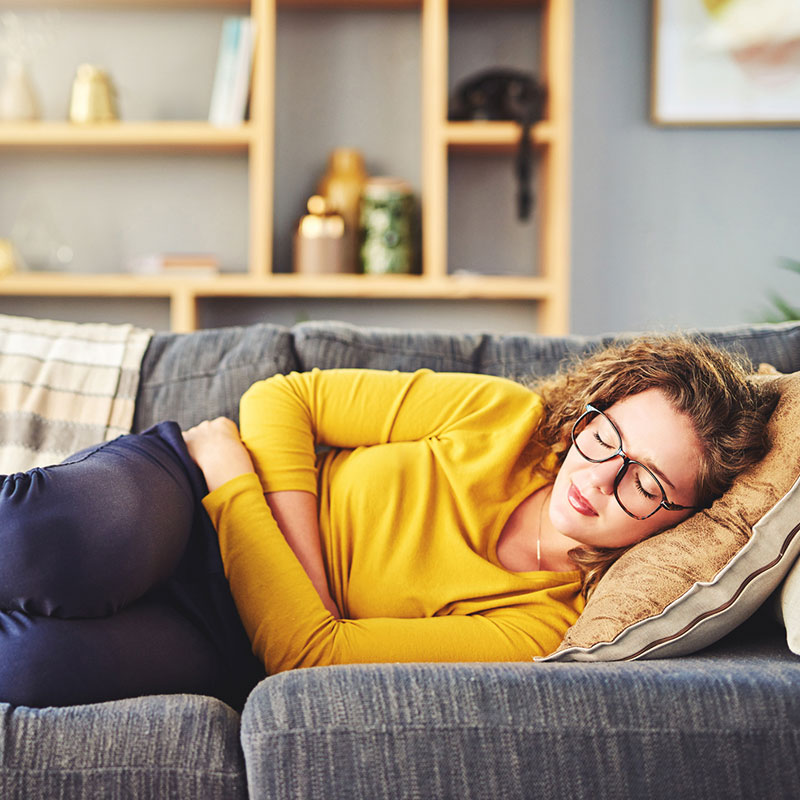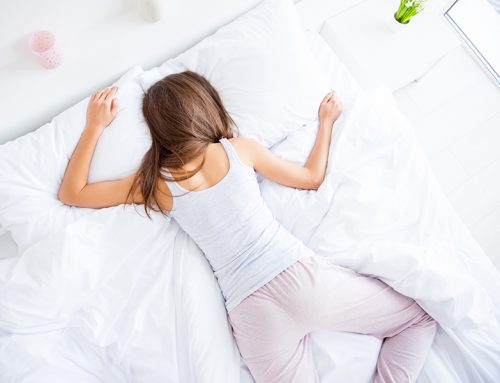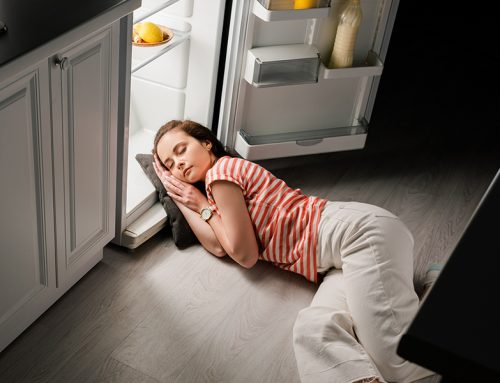We’ve all heard the old adages about eating, like breakfast is the most important meal of the day, don’t eat before going in the pool, and don’t eat right before going to bed. But which of these are really true, and if they are, what’s the rationale behind them? What does the science say?
This article is going to address the relationship between sleep and eating. Namely, what are the reasons that people tell you to leave time in between your last meal and hitting the hay, how much time exactly, and what are some of the myths that have been floating on the subject.
The short answer is that we should typically wait at least 3 hours after our last meal before going to sleep, but it can depend on what we’re eating too.
Benefits of Leaving Time Between Sleeping and Eating
Sleep and Digestion
The main benefit of waiting between eating your last meal of the day and going to sleep is for digestive health. Specifically, researchers found that those who eat close to bedtime tend to experience more acid reflux and other digestive troubles associated with gastro-esphogeal reflux disease (GERD), as compared to those who go to sleep about 3 hours or more after their final meal.
GERD is a digestive disorder that occurs when stomach acid, or small bits of partially digested food or fluid makes it back up into the esophagus (the tube that connects your mouth to your stomach).

Waiting about 3 hours after your last meal to lie down for the night allows the digestive process to occur at its normal pace, with gravity working in your favor. Our digestive system works best when we’re standing or sitting up. Lying down before the stomach is emptied can increase the odds of those acids and fluids getting back up into the esophagus.
Letting the contents of the stomach pass into the small intestine takes time, but it’s certainly worth it. You’ll be at less risk of experiencing heartburn, acid reflux, pain, indigestion, and other GERD symptoms. Of course, if you are feeling unwell, it can make it difficult to get to sleep, and so other conditions, like mild insomnia, can develop.
Are All Foods Created Equal?
With regards to how they affect our sleep, all foods and drinks are definitely not equal.
Some common foods and beverages we consume make it harder for us to get to sleep, or negatively impact sleep quality, so we should leave a longer gap between eating or drinking them and going to sleep. Caffeine, for example, blocks a chemical called adenosine that helps make us feel sleepy, and therefore should not be consumed anywhere near bedtime. Likewise, alcohol disrupts sleep by making us toss and turn, and wake up during the night (even if you don’t notice, or feel like it might help you get to sleep initially). We should seek to limit the amount of these products that we consume overall. Caffeine can still affect our ability to get to sleep and stay asleep even if it’s consumed at least 6 hours before bed.
Other foods may help induce sleep. For instance, you may find that a glass of warm milk or some herbal tea helps relax you and get your brain prepped for sleeping. Nutritional researchers have also found that digesting meals rich with carbohydrates leads your body to produce more melatonin, which is another chemical that signals our brain that we are tired.

Lastly, if you’re feeling peckish and you just need to sneak in that late night snack right before bed, research has shown that small, nutrient-dense, low energy foods ingested at night (as opposed to large meals) are not associated with negative health outcomes. So shoot for something like a single piece of fruit which is quickly and easily digested, and packed with vitamins.
Eating, Sleeping and Weight Maintenance
Some may claim that eating close to bedtime increases weight gain. However, this is a myth. Night time calories do not ‘count’ for more than day time calories. The only way to gain weight is to ingest more energy (calories) than we expend through our daily activities and exercise – when we eat doesn’t matter as much.
The problem, however, lies in the fact that bedtime snacks are often not the healthiest food options. We often choose to eat ice cream, chips, pie, and other desserts and junk foods, which are packed with empty calories. In other words, it’s what we’re eating that is making us gain weight, not the time that we’re eating it.





